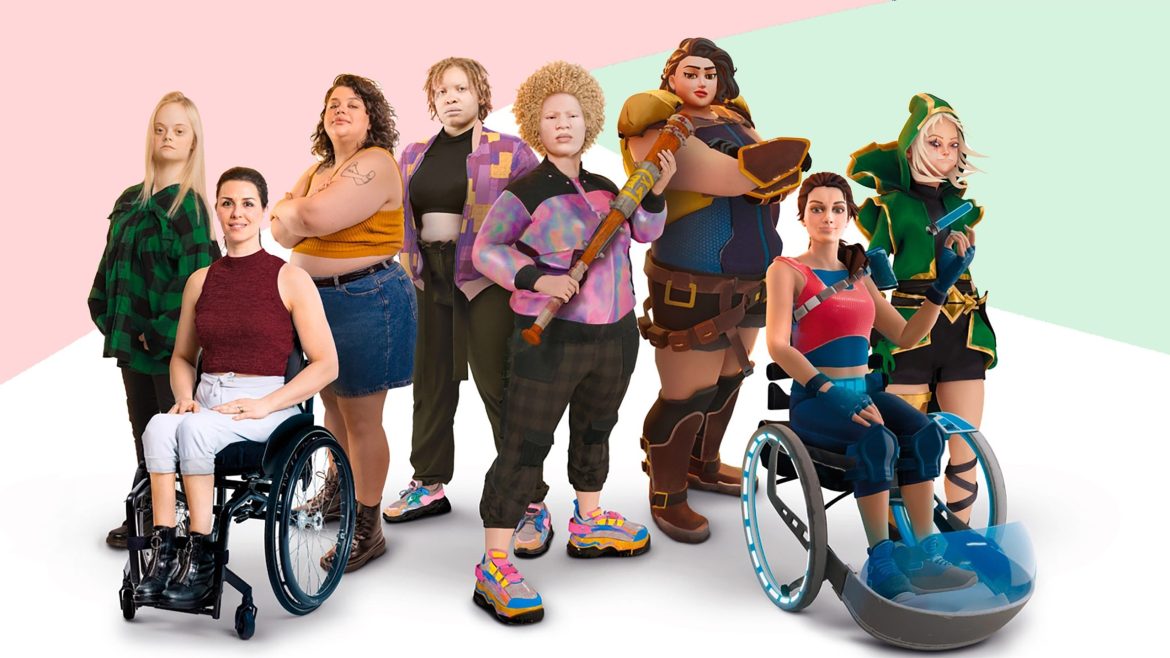Video games have become a diverse and inclusive medium, reflecting the evolving cultural landscape of our society. In this article, we’ll explore the importance of diversity and representation in video games, how the industry has evolved, and the impact it has on both players and the industry itself.
The Evolution of Diversity in Video Games
Early Lack of Representation
In the early days of video gaming, diversity and representation were sorely lacking. Many games featured predominantly male, white, and heterosexual characters, reinforcing stereotypes and limiting the perspectives players encountered.
Industry Recognition
As the gaming industry grew, so did the awareness of its limited representation. Advocacy groups, developers, and players began to demand more diverse characters and narratives. This led to a shift in how video games approached diversity.
Why Diversity Matters
Reflecting the Real World
Diverse characters and storylines in video games better mirror the rich tapestry of our world. Players from various backgrounds can see themselves in the games they play, fostering a sense of belonging and connection.
Expanding Narratives
Diversity in video games allows for a broader range of storytelling possibilities. Different backgrounds and experiences lead to unique narratives and character arcs that enrich the overall gaming experience.
Types of Diversity in Video Games
Racial and Ethnic Diversity
Many games now feature protagonists and supporting characters from diverse racial and ethnic backgrounds. This shift encourages empathy and understanding of different cultures.
Gender Diversity
Video games have made significant strides in representing women and non-binary characters as strong, central figures. This promotes gender equality and challenges stereotypes.
LGBTQ+ Representation
The inclusion of LGBTQ+ characters and storylines helps destigmatize diverse sexual orientations and gender identities. It also creates a more inclusive gaming environment.
Positive Outcomes of Diverse Representation
Empathy and Understanding
Playing as characters from different backgrounds fosters empathy and a better understanding of the challenges and experiences of others.
Expanded Audience
A more diverse range of characters and stories attracts a wider audience, increasing the appeal of video games to various demographics.
The Industry’s Commitment to Change
Inclusive Development Teams
Many game development studios have prioritized diversity within their teams. Diverse perspectives in the development process lead to more authentic and inclusive games.
Feedback and Adaptation
Game developers actively seek feedback from players and communities, adjusting their content to better align with diverse and inclusive values.
Challenges and Criticisms
Stereotyping
Despite progress, some games still rely on stereotypes or tokenism when representing diversity, perpetuating harmful biases.
Resistance to Change
Certain segments of the gaming community resist diversification efforts, citing concerns of political correctness or a desire to maintain the status quo.
The Future of Diversity in Video Games
Continued Growth
The gaming industry will likely continue to prioritize diversity and representation as the medium evolves. This will lead to even more varied and inclusive experiences for players.
Diverse Creators
As more diverse voices enter the industry, they will bring new perspectives and stories to the forefront, challenging traditional norms.
Conclusion
Diversity and representation in video games are essential components of the industry’s evolution. Video games have the power to influence and shape cultural perceptions, and as such, they must continue to embrace and celebrate diversity. By doing so, video games can become more than just a form of entertainment; they can become a catalyst for social change and a reflection of our diverse and interconnected world.
